Addressing Water Scarcity in a Rural Community of Cambodia through Groundwater Use
Funded by MTT-SEI
RESEARCH
Author
2 min read
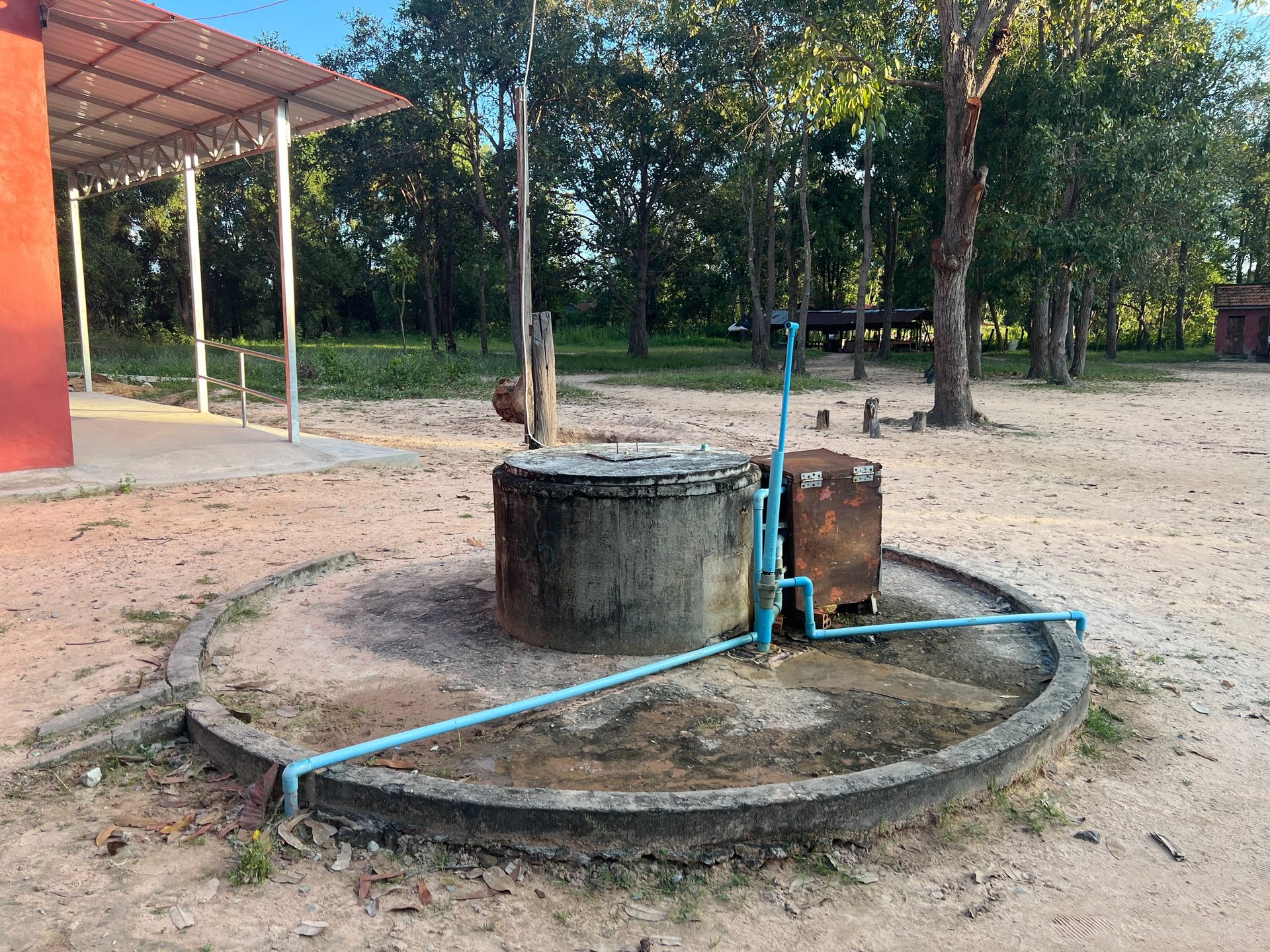
Project Background
Water scarcity has become a pressing global issue, exacerbated by climate change and increasing population. In many parts of Cambodia, particularly rural areas, groundwater is the primary source of drinking water.
Preah Dak commune does not have a water supply network and the only water source is groundwater, which is contaminated and requires treatment before use. While some households collect rainwater during the rainy season, groundwater remains the primary dependence. Unfortunately, groundwater in this area is contaminated with iron, rendering it unsuitable for many domestic uses. Many households use untreated groundwater or simple water filters, which may not meet proper sanitation standards.
This project aims to provide a sustainable and efficient solution for purifying contaminated groundwater, ensuring access to clean drinking water for rural area with the limited access to the electricity.
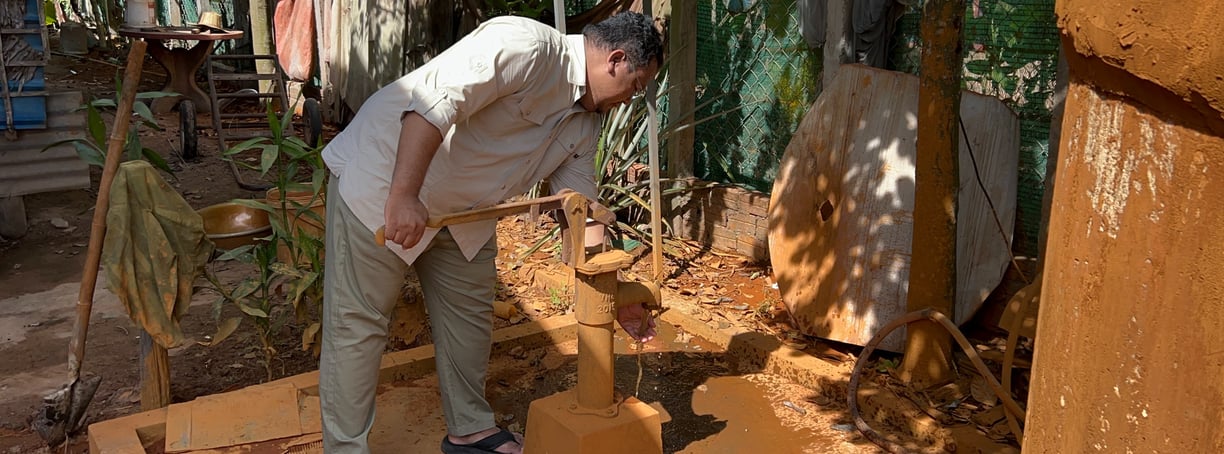

Objective
Scope of Work
To assess groundwater quality and local demand, optimize groundwater treatment for performance and power, and evaluate the real-world operation of the prototype water treatment system.
Our Impacts
1. A functional and sustainable solar-powered groundwater treatment system tailored to the specific needs of rural Cambodian communities.
2. Improved access to clean drinking water for local residents, leading to improved health outcomes.
3. A replicable model that can be adapted to other regions facing similar water scarcity challenges.
4. Valuable insights into the feasibility and effectiveness of solar-powered groundwater treatment systems in developing countries.
Project Activities
1. Preliminary assessment
Initial project meeting to gather inputs, followed by a social survey to understand user perspectives. Groundwater samples will then be collected for analysis of water quantity and quality.
2. Laboratory experimental test
Membrane filtration and UV disinfection experiments to inform the design of a water treatment system. Additionally, energy estimation for solar selection and design will be conducted to ensure a sustainable power source for the system.
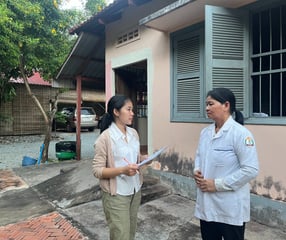

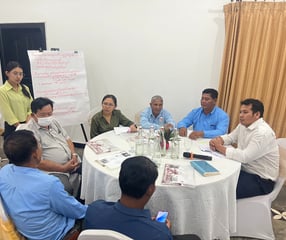

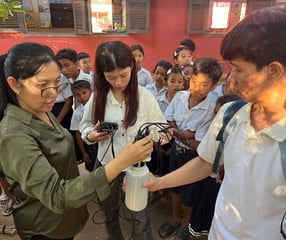

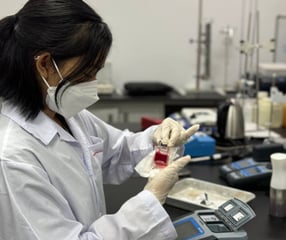

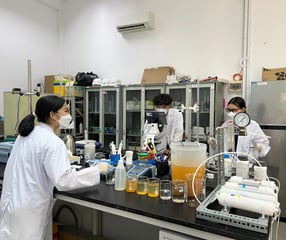

3.Fabricate prototype test
In progress
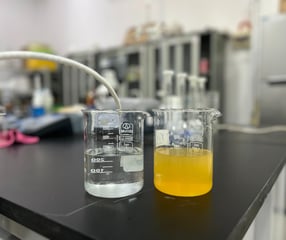

4.Installation and evaluation
In Progress




